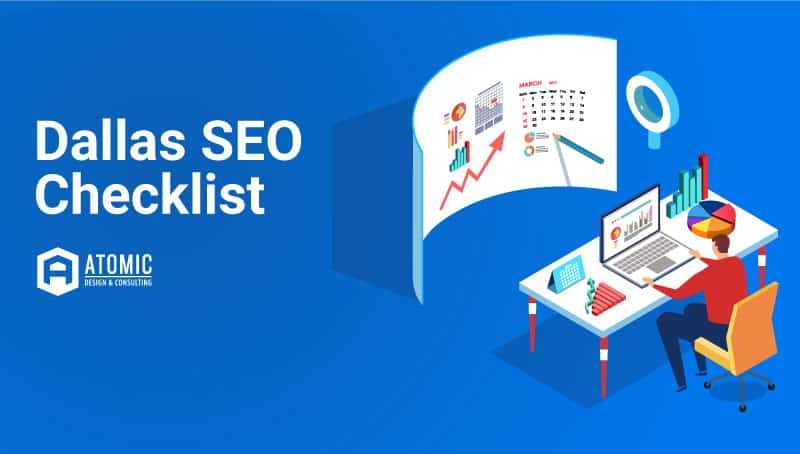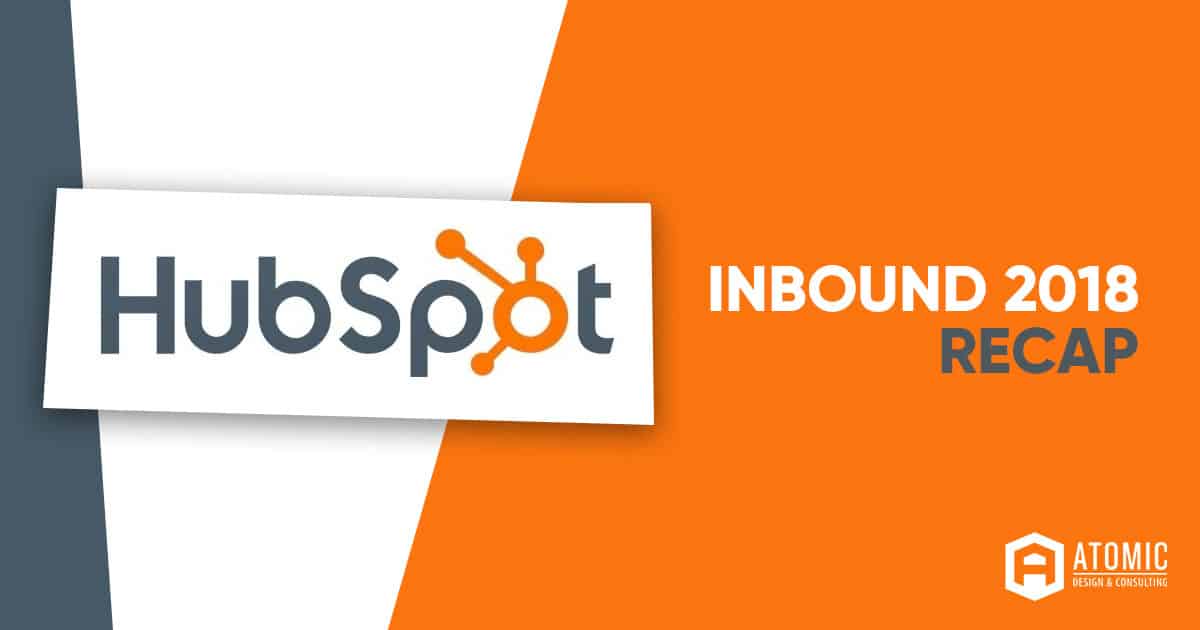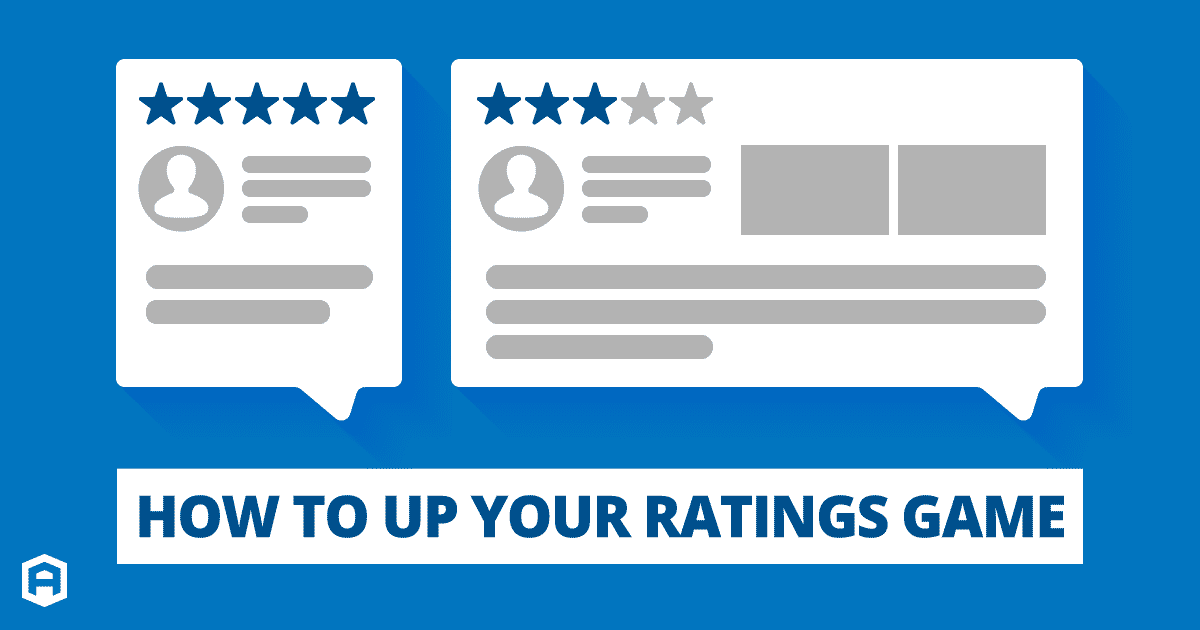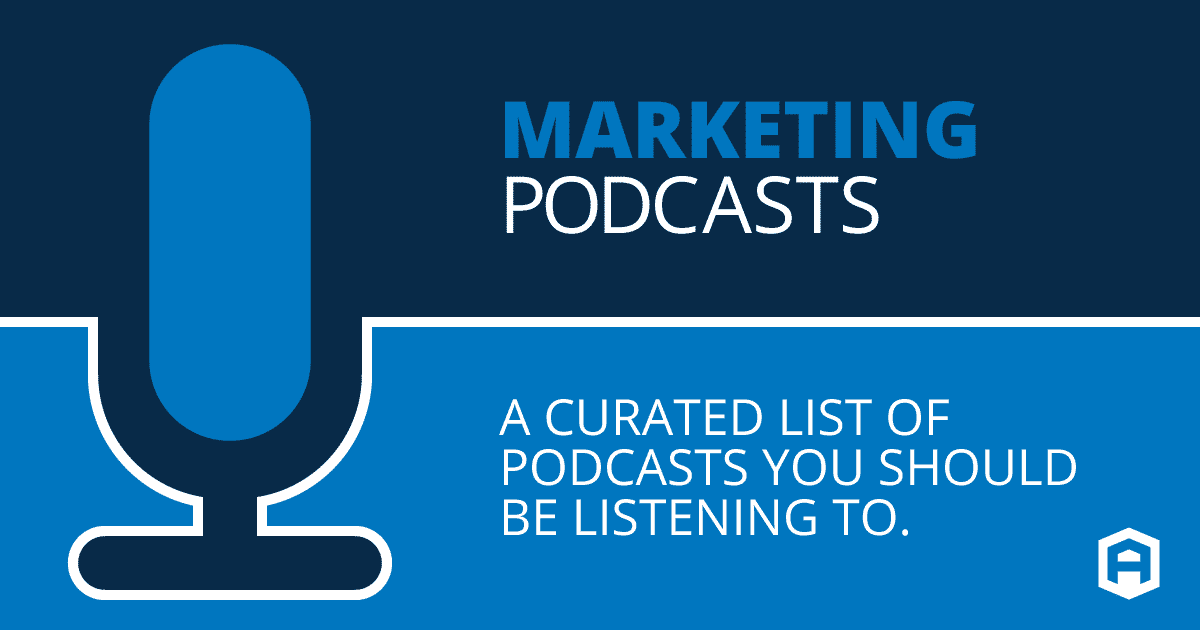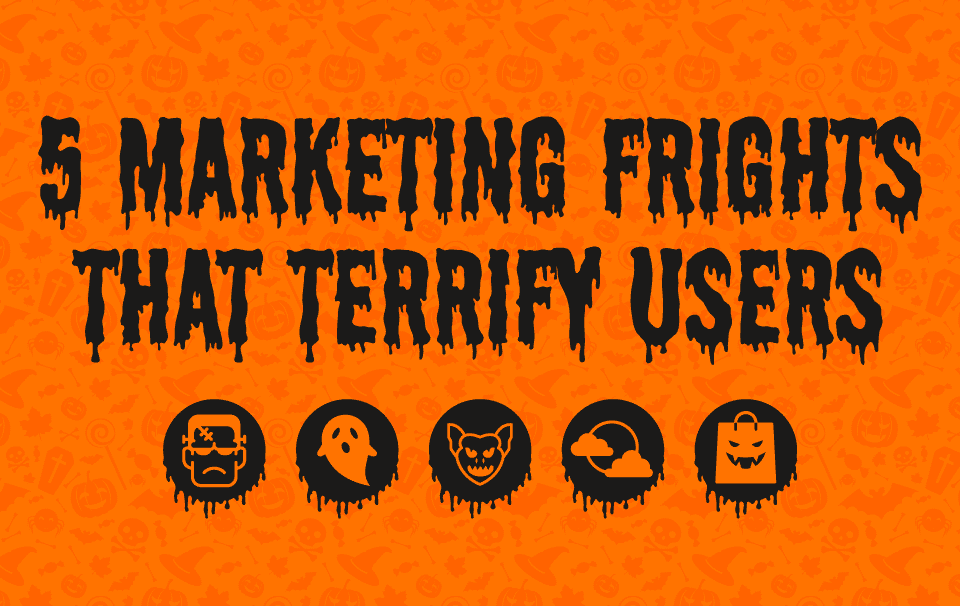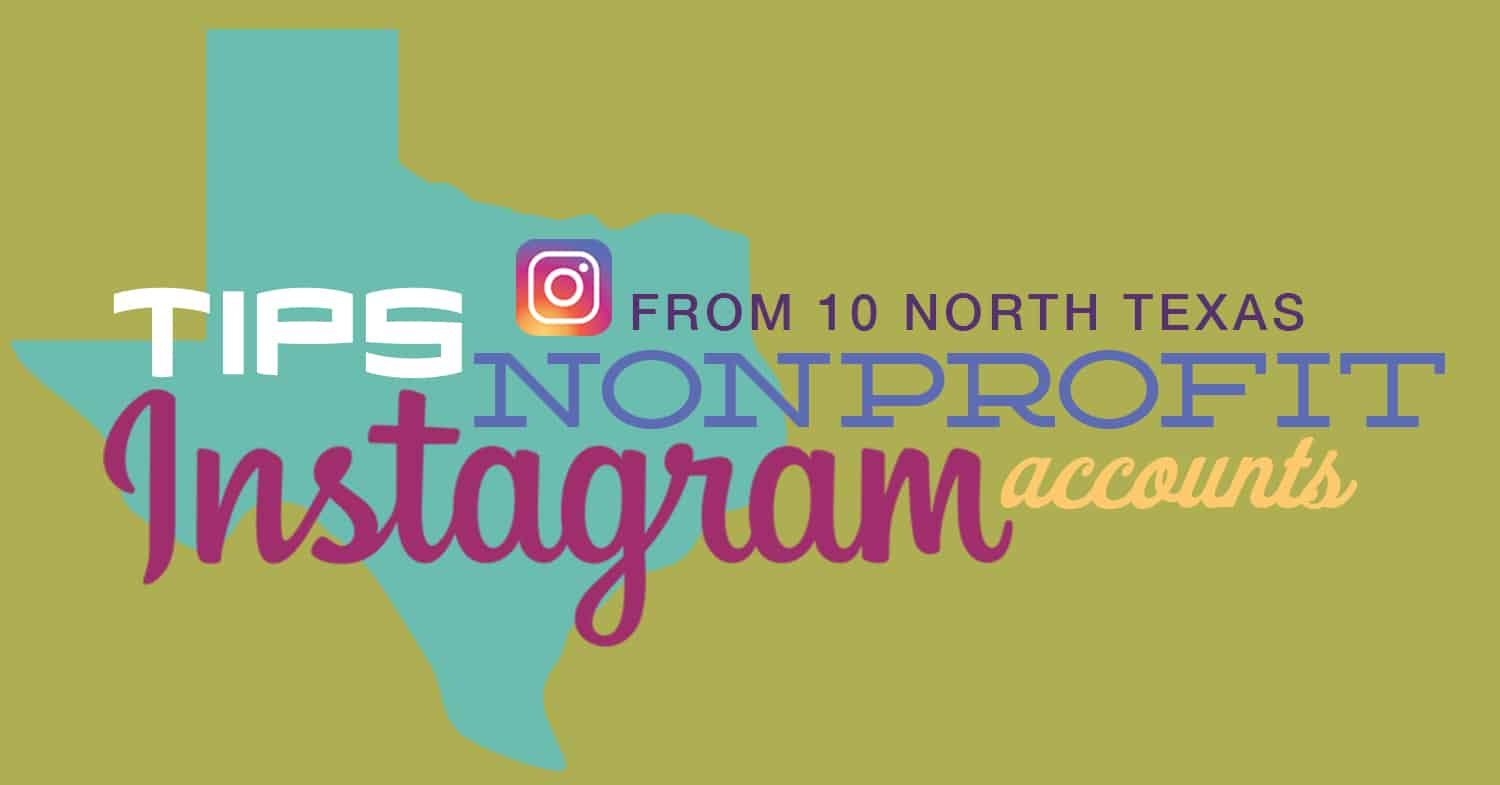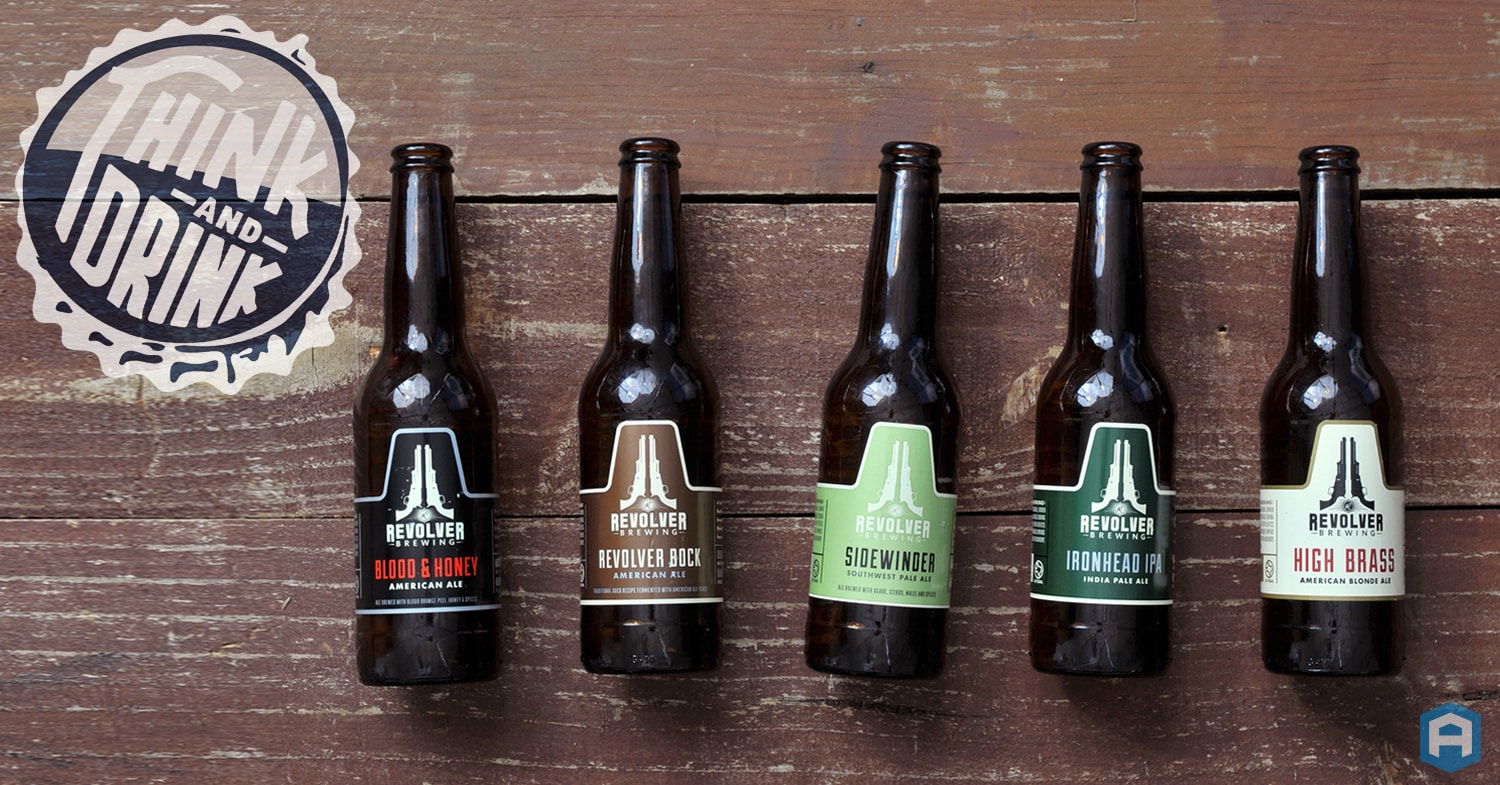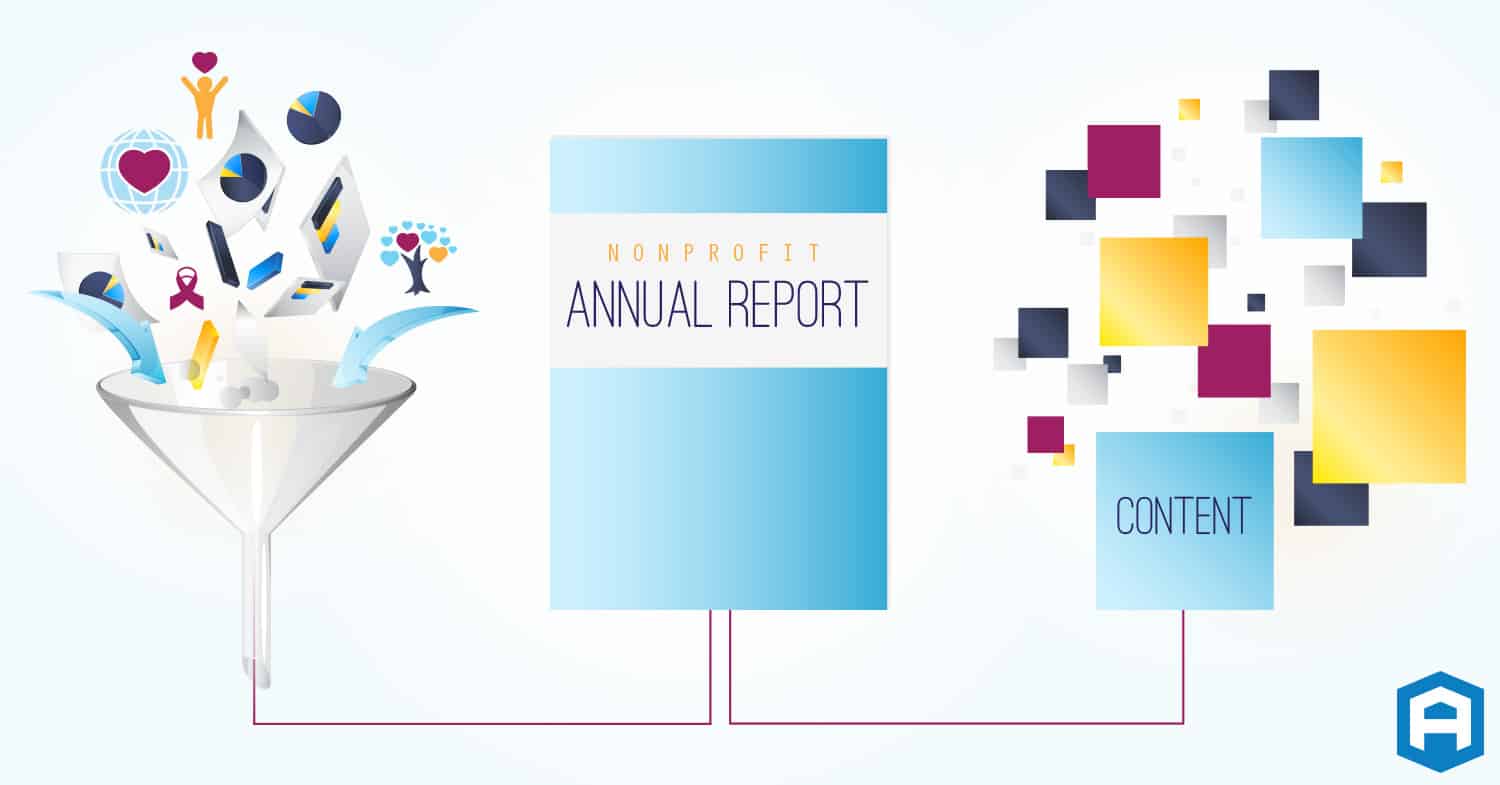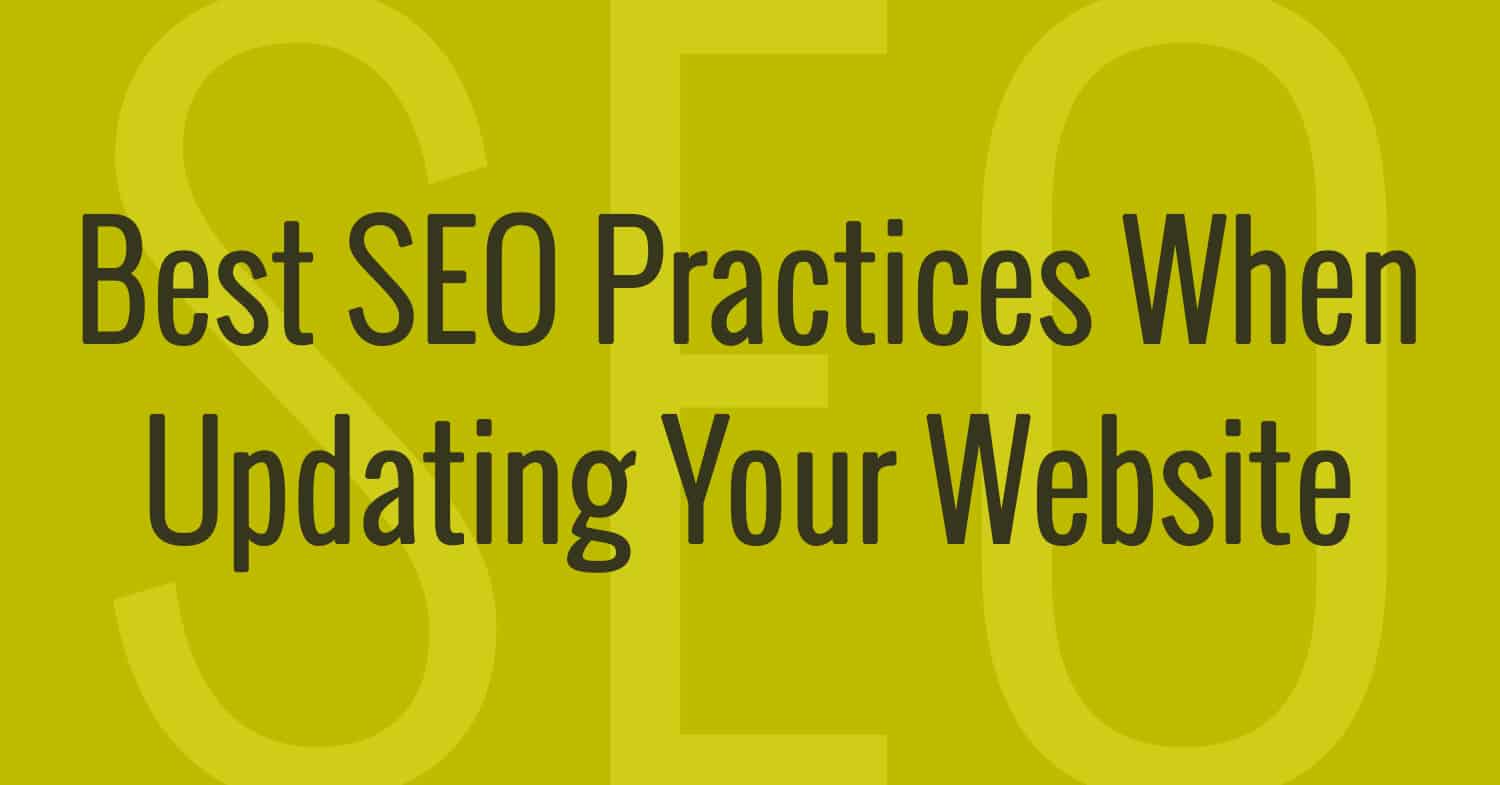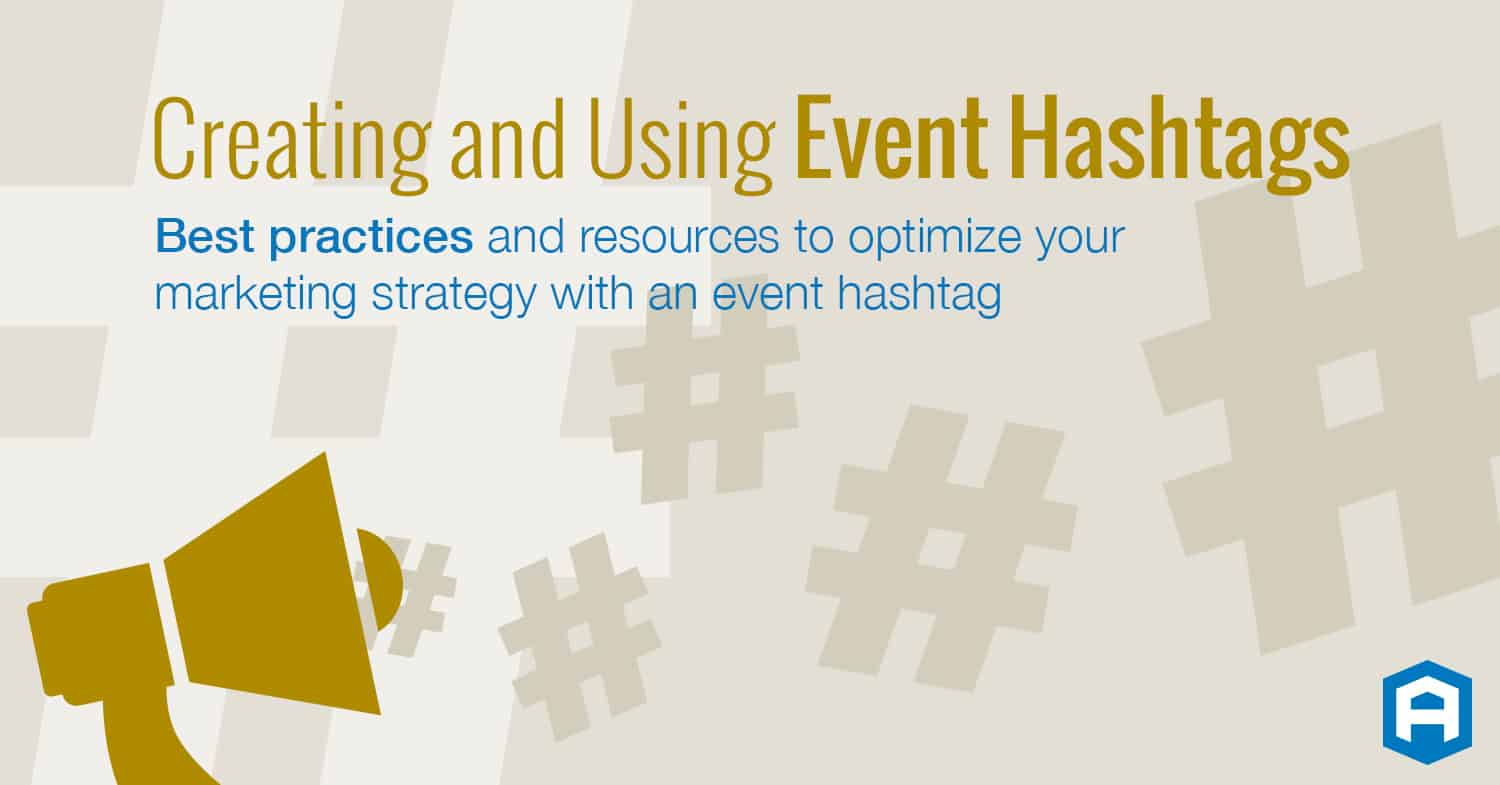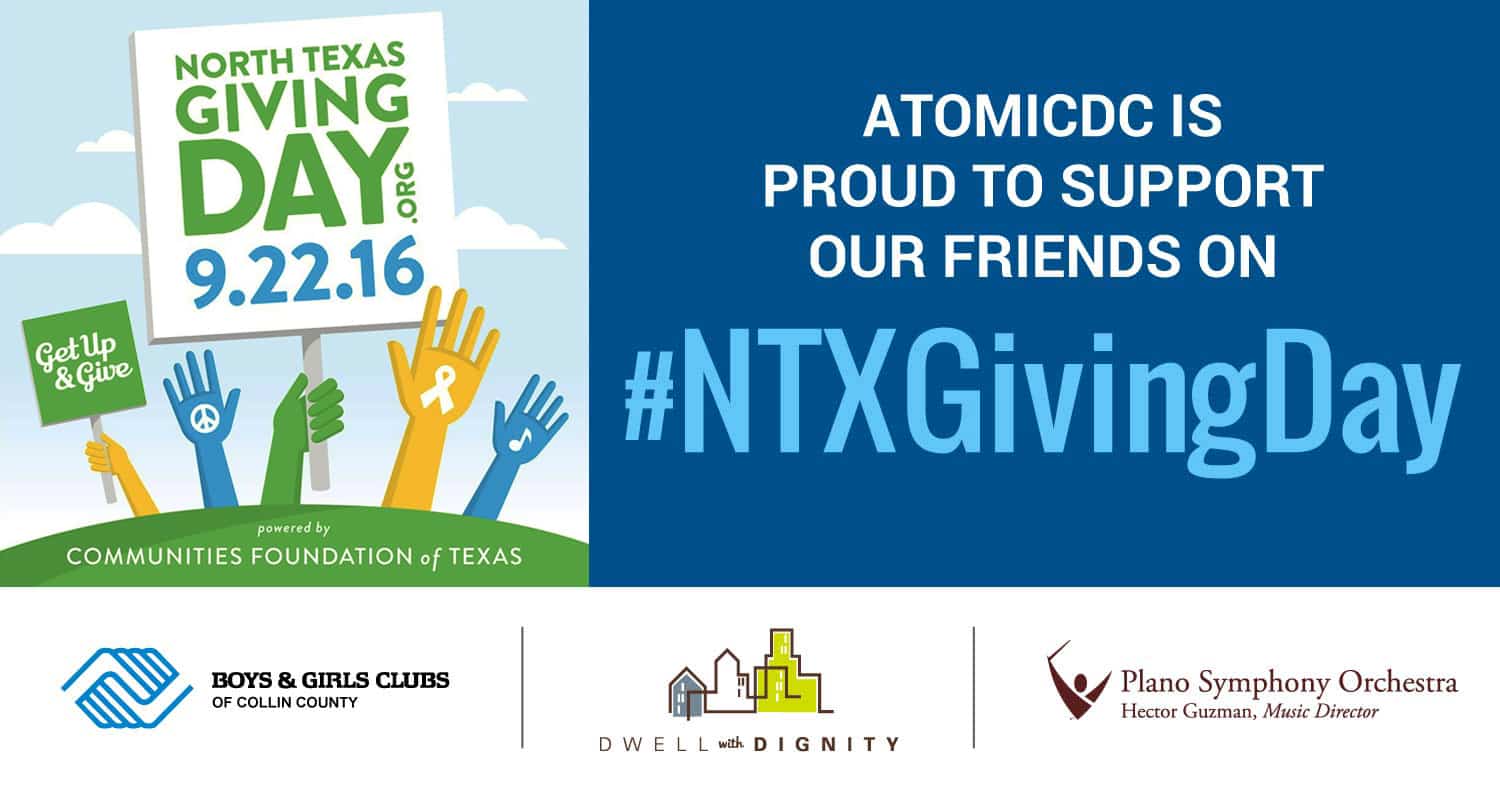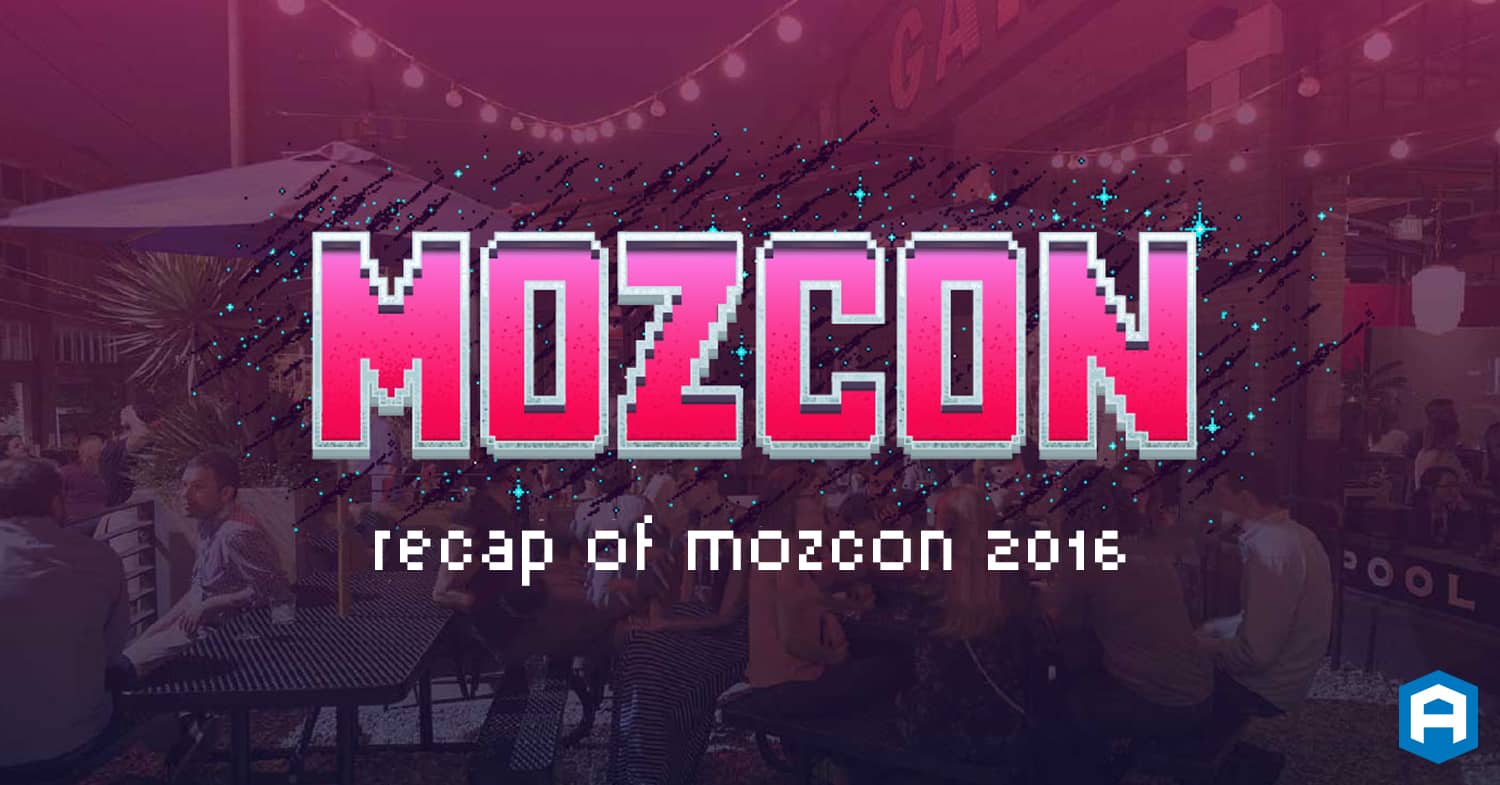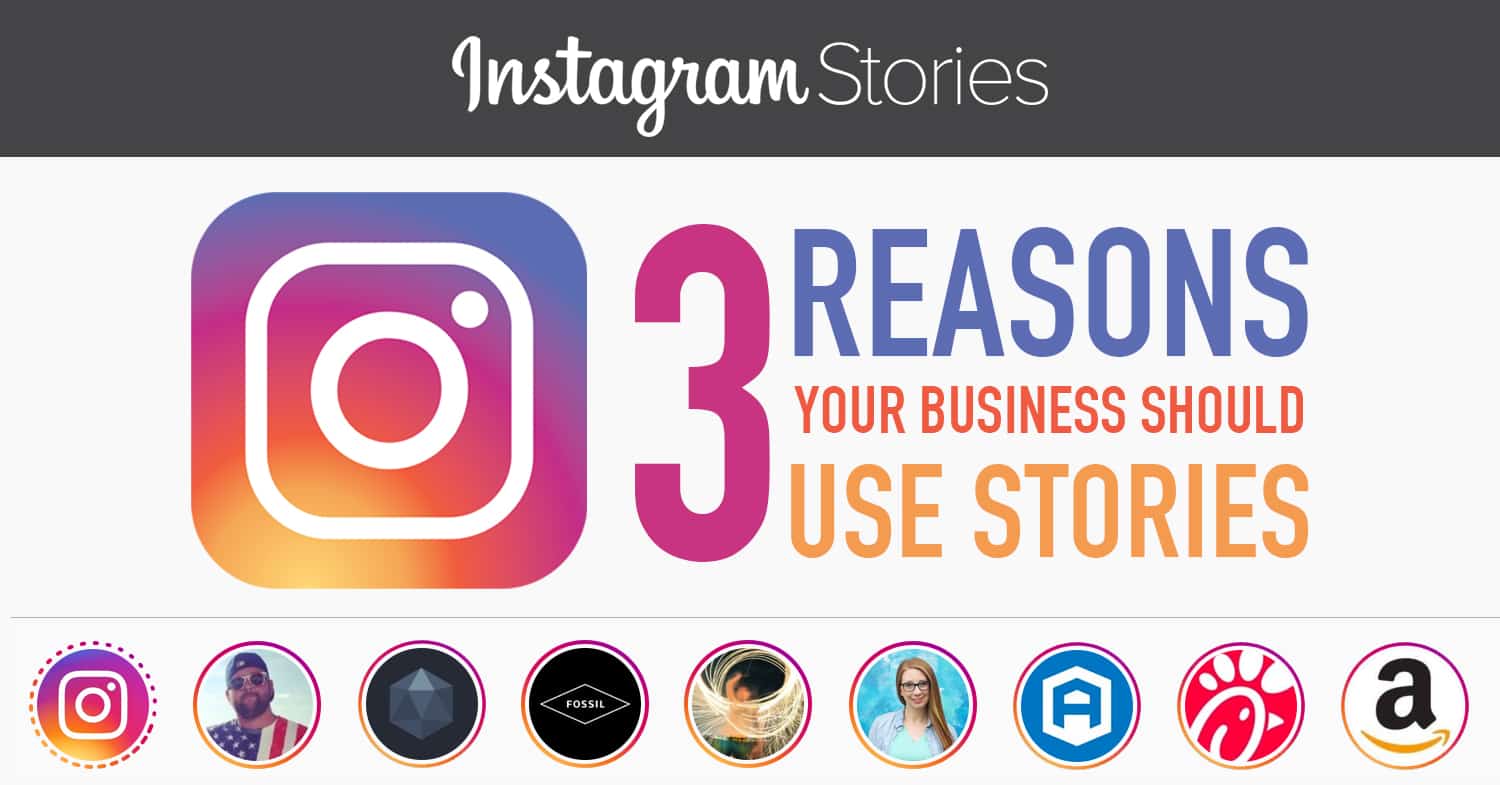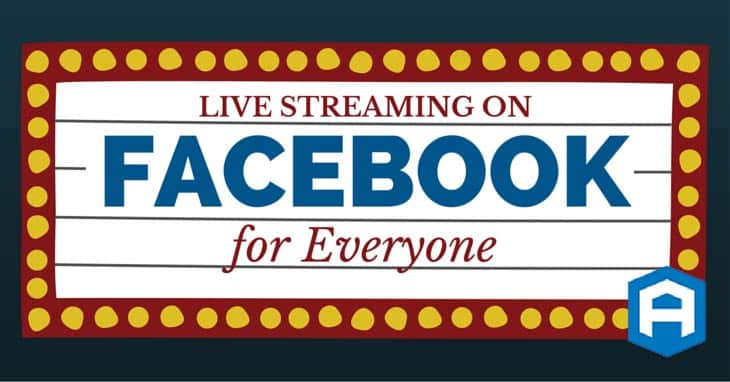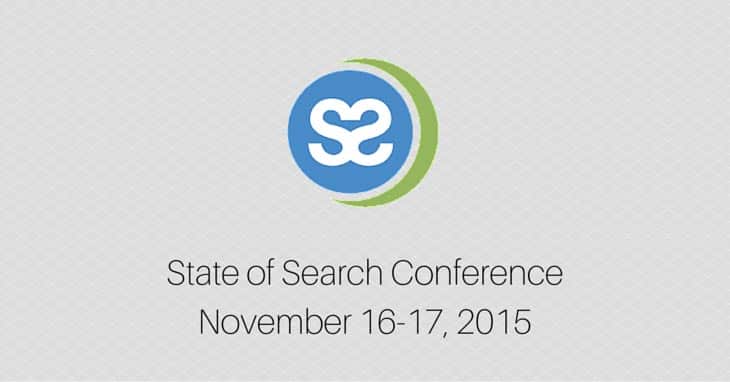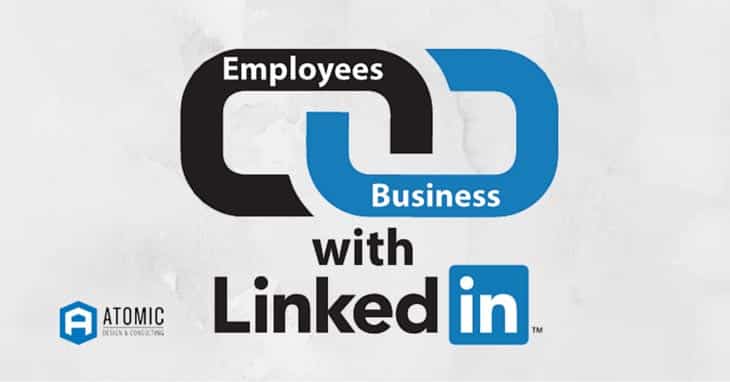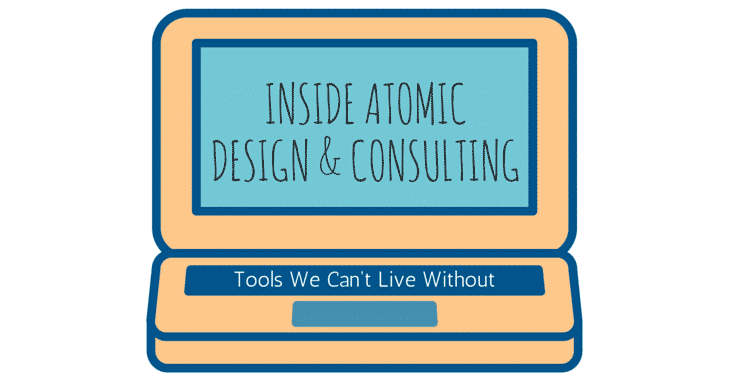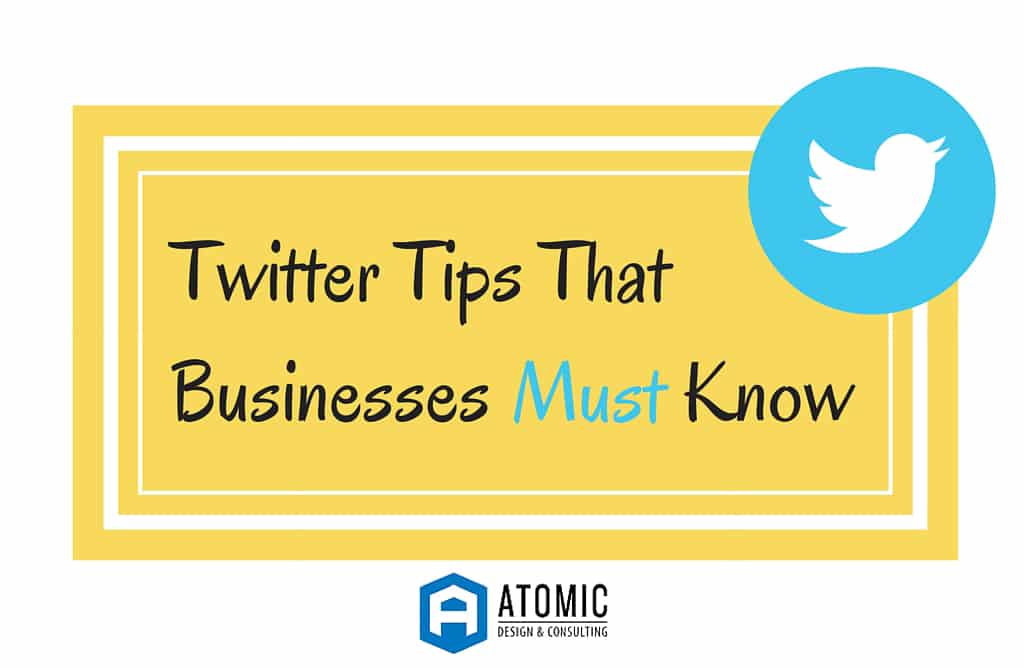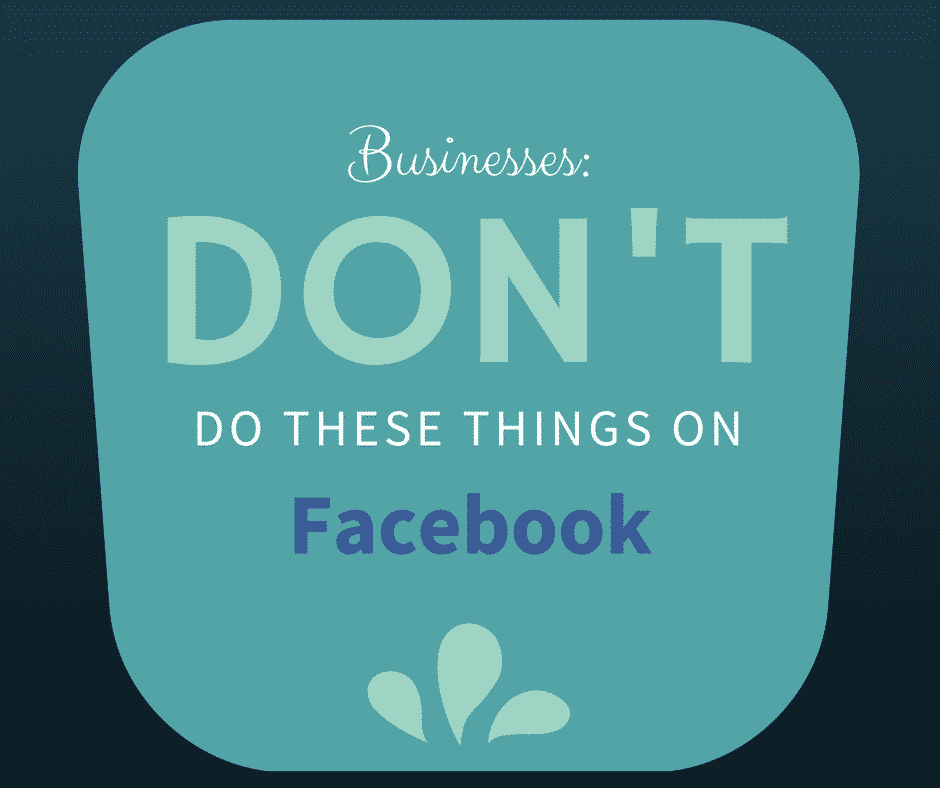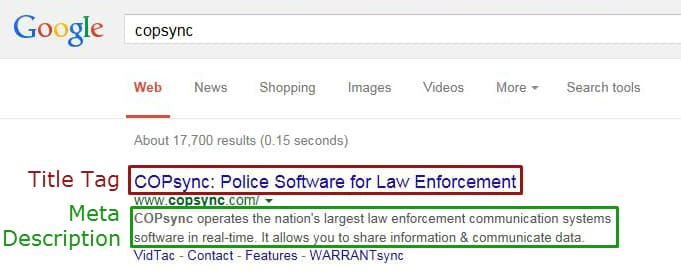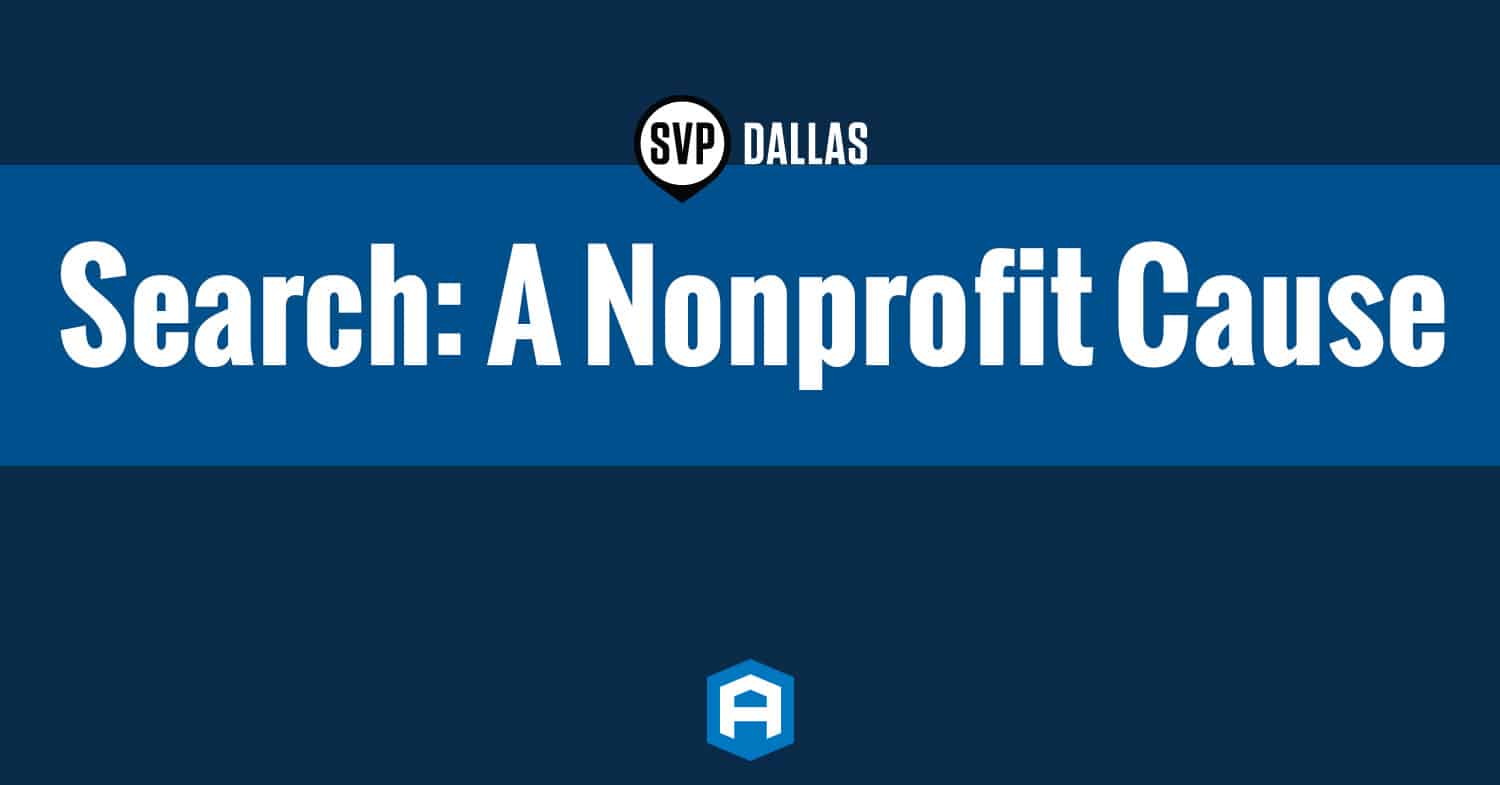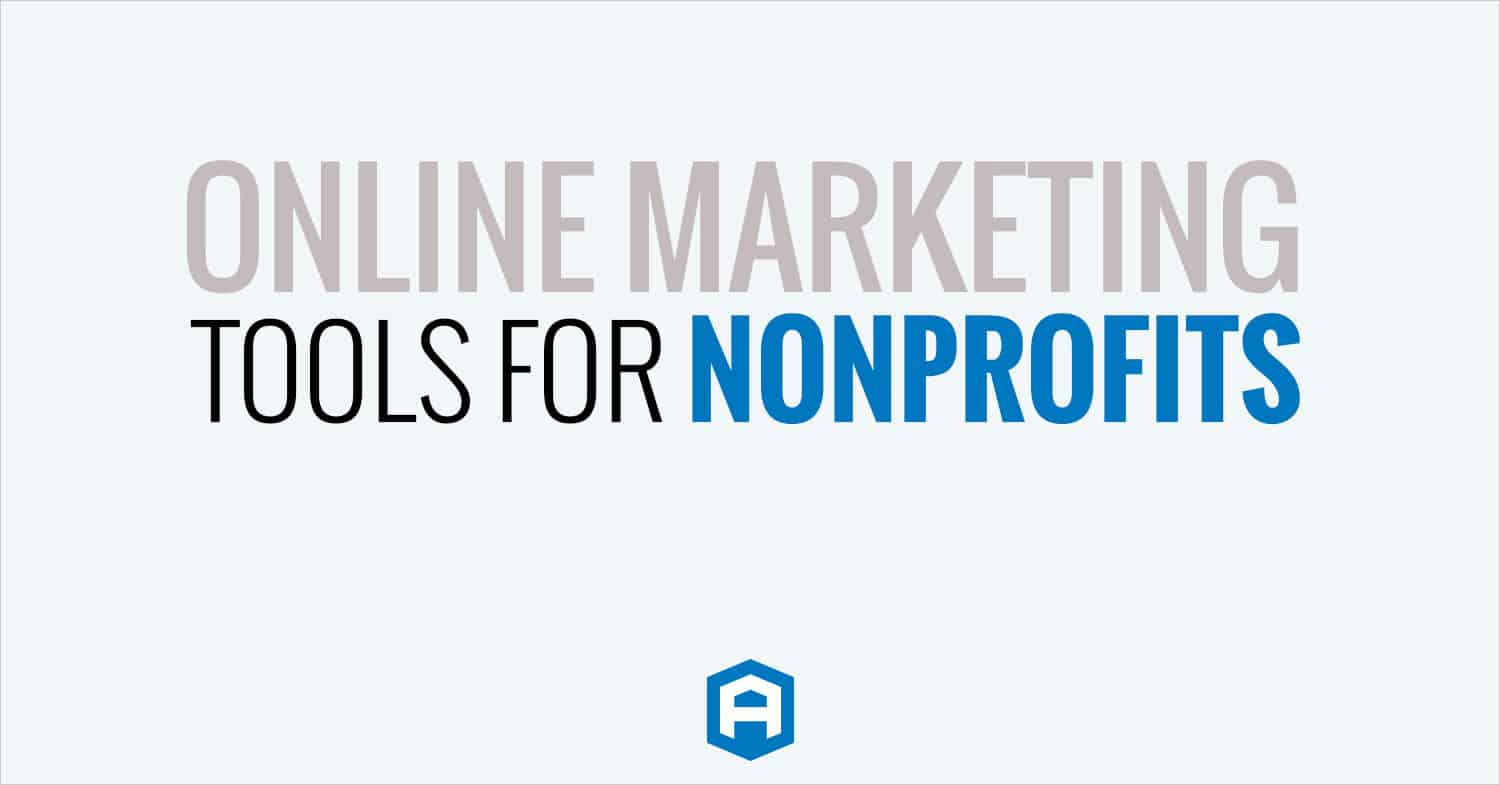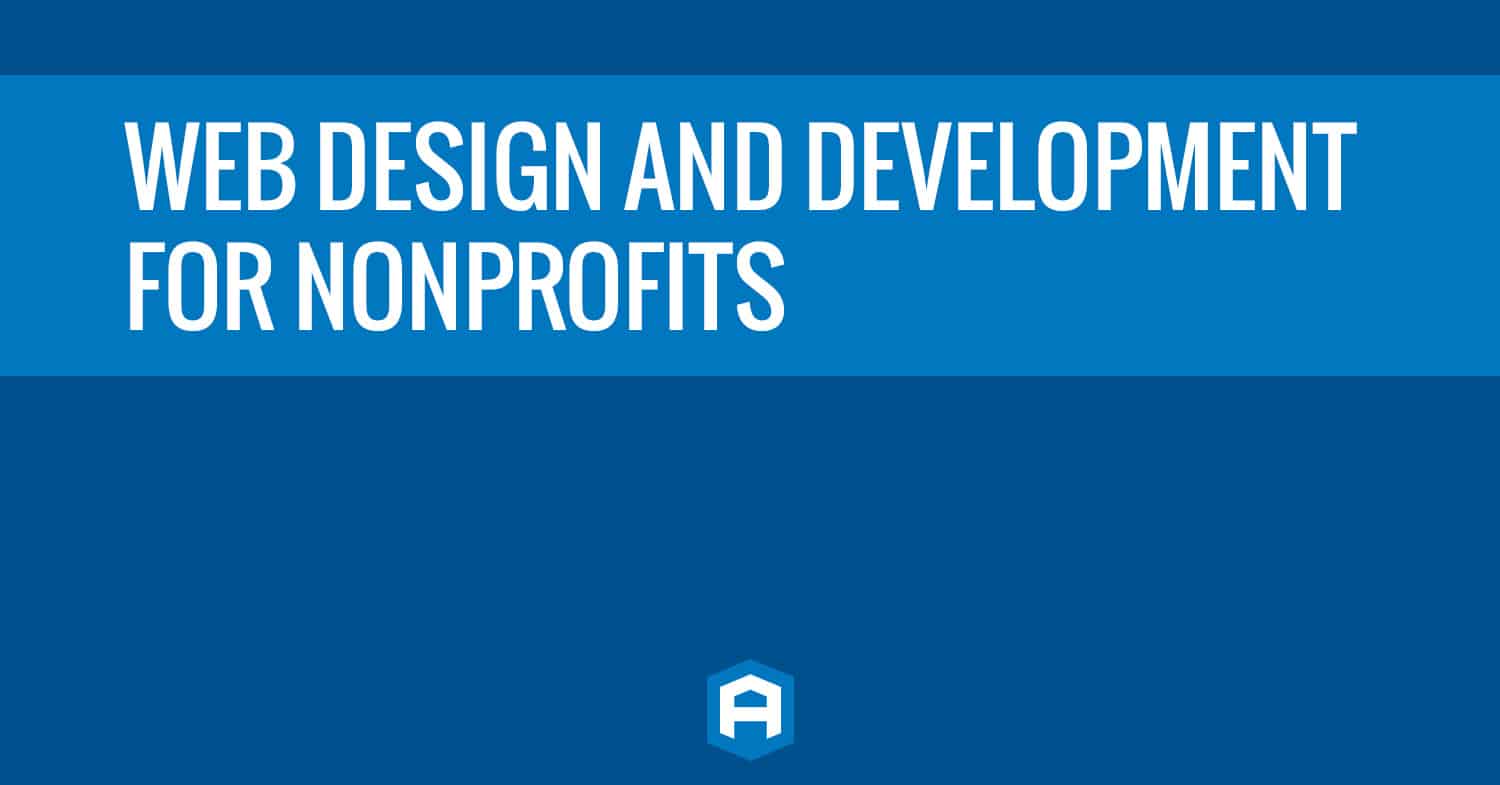Have you ever asked the question, “Why do certain websites show up as #1 in search engine results?” If you are a small-to-medium-sized business owner, this question can become the source of much pain and envy.
And here is the “suckiest” part of it, you are typically competing against larger companies or corporations with in-house SEO(search engine optimization) experts who work tirelessly in areas like organic search, pay-per-click, keyword research,and link-building. How do you compete against those odds?
There are some strategic SEO tips and tricks, if done properly, can yield better search results.
- WWTPSD: Similar to the other famous acronym, our very long acronym stands for “what would the person searching do?” Think in terms of how someone looking for your products and/or services, would search for you. If you were searching for a product and/or service, how would you do it? Would you type in the item and then put in the closest location? Whatever you feel like is your company’s “best keywords” make sure those are relevantly sprinkled throughout your content and carefully added to you meta-data.
- META: Speaking of meta…Familiarizing yourself with meta-tags is crucial to enhanced search engine ranking. Title tags, meta-descriptions, and meta-keywords, have maintained some form of algorithm presence throughout the endless updates of Google’s Panda and Penguin. Just remember to use white hat techniques that will last for a long time.
- CHEATERS NEVER PROSPER: …Eventually. I mentioned white hat techniques. These are websites where the administrators play by the search engine rules. No keyword overstuffing, no cloaking, no link-farming. If these terms are foreign, let me explain.
- Keyword (Over)stuffing:
- Using the same words or phrases countless times (where it isn’t relevant) in the content and meta-data.
- Using blocks of text listing cities and states a site is trying to rank for.
- Cloaking:
- Showing different content to users than to Google search-bot, in other words, a search engine sees one thing and the user sees something else.
- Link–Farming:
- A page or an entire site that is typically made up of hundreds and hundreds of unrelated links.
- Unmonitored and undisclosed paid advertising outbound links.
- Keyword (Over)stuffing:
- LOCATION, LOCATION, LOCATION: If you are a business owner and your products and/or services are sold in a radius of a “X” number of miles, include the location in your headings’ meta-keywords and site content, for example, “solar attic fan Dallas.”
- 4 OUT OF 5 STARS: Reviews are the more recent additions to the Google search algorithms. Ask your clients and customers to write a review on Google Local, Yelp, Yahoo Local, Angie’s List, Foursquare, and other industry-specific sites. Those reviews not only build trust for potential clients, they also generate backlinks to your site for search engines. Just remember, ask for an honest review and the review is negative, do what many companies do not, respond!
Over time, these few items can help businesses move ahead of the competition. If you don’t have the time or the manpower, we can also help. Contact our experts at (972) 668-3867.
Need Specific Help?
Interested in a specific topic? Review the topics below to get the info, news, and tips you need!

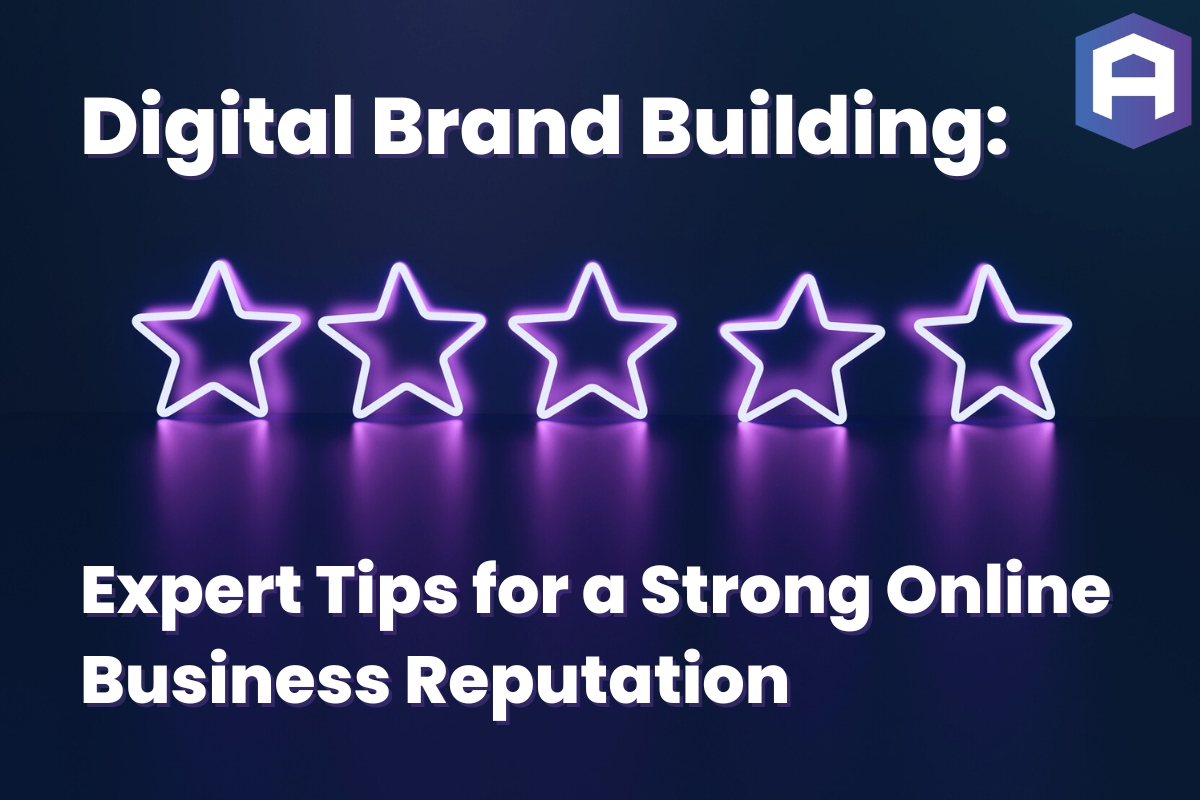





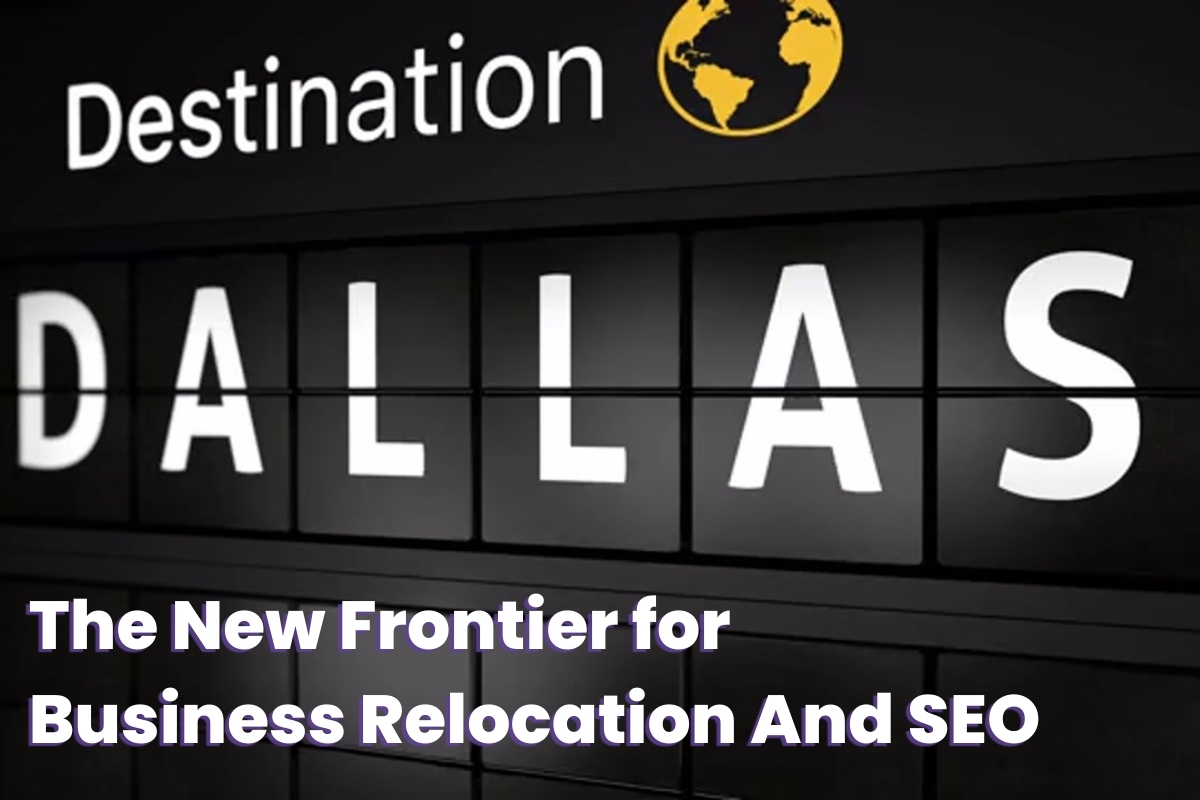

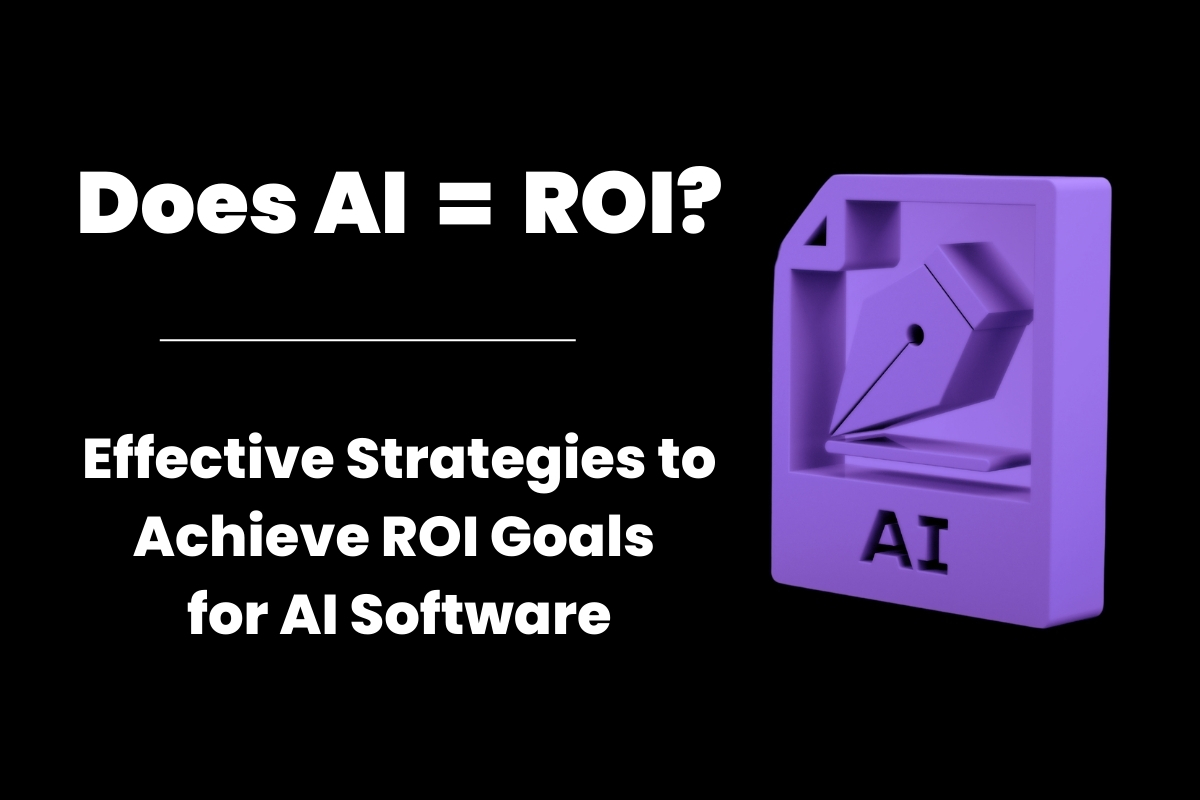

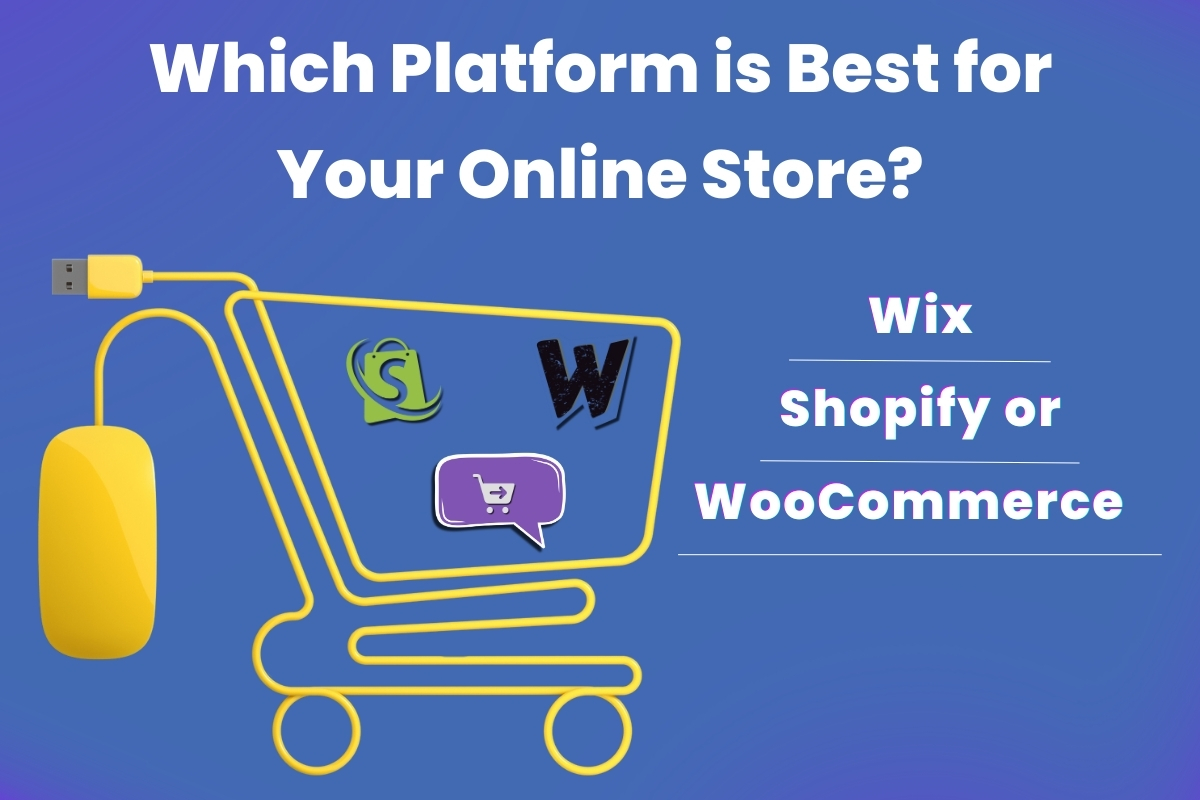




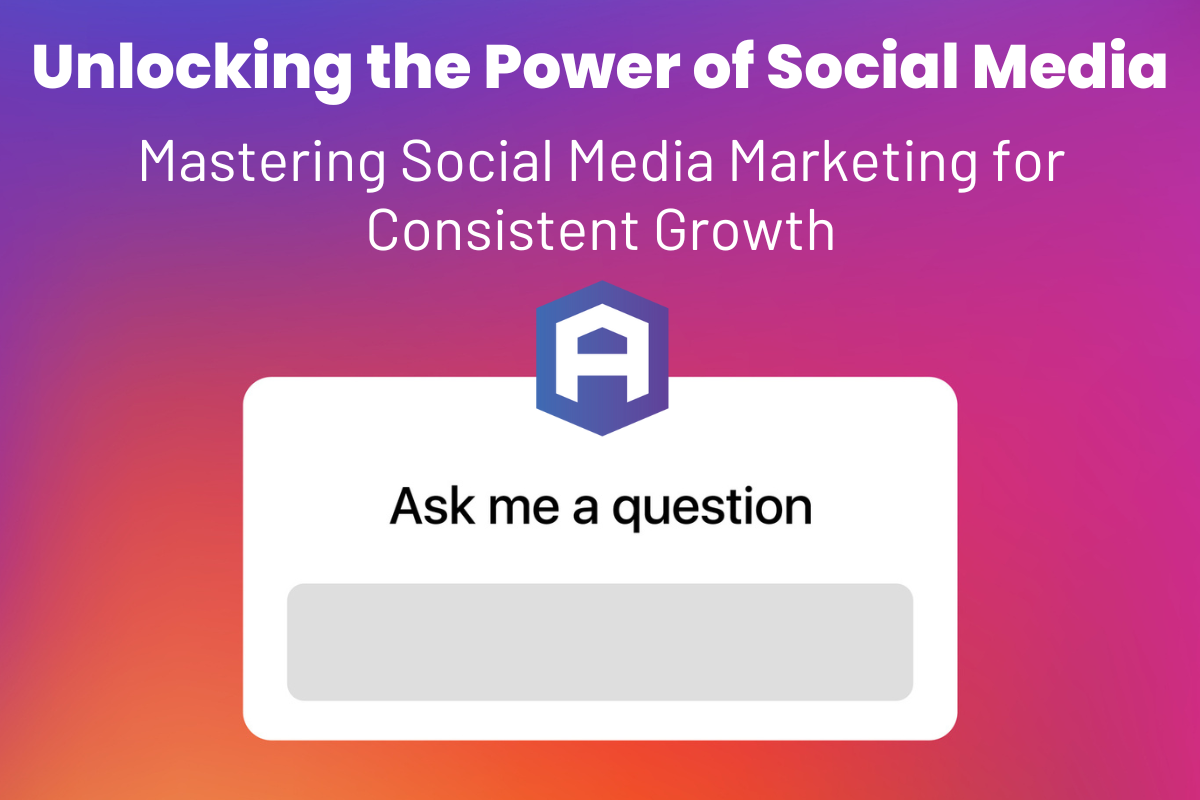




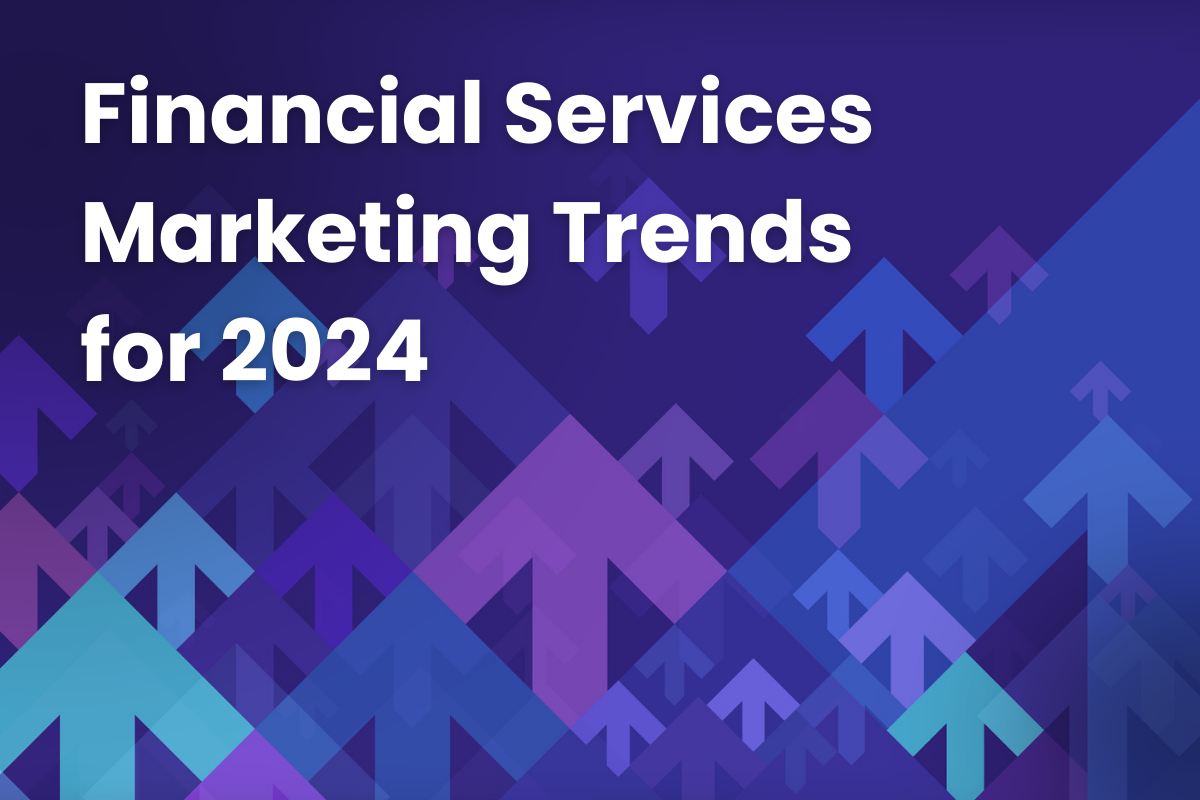
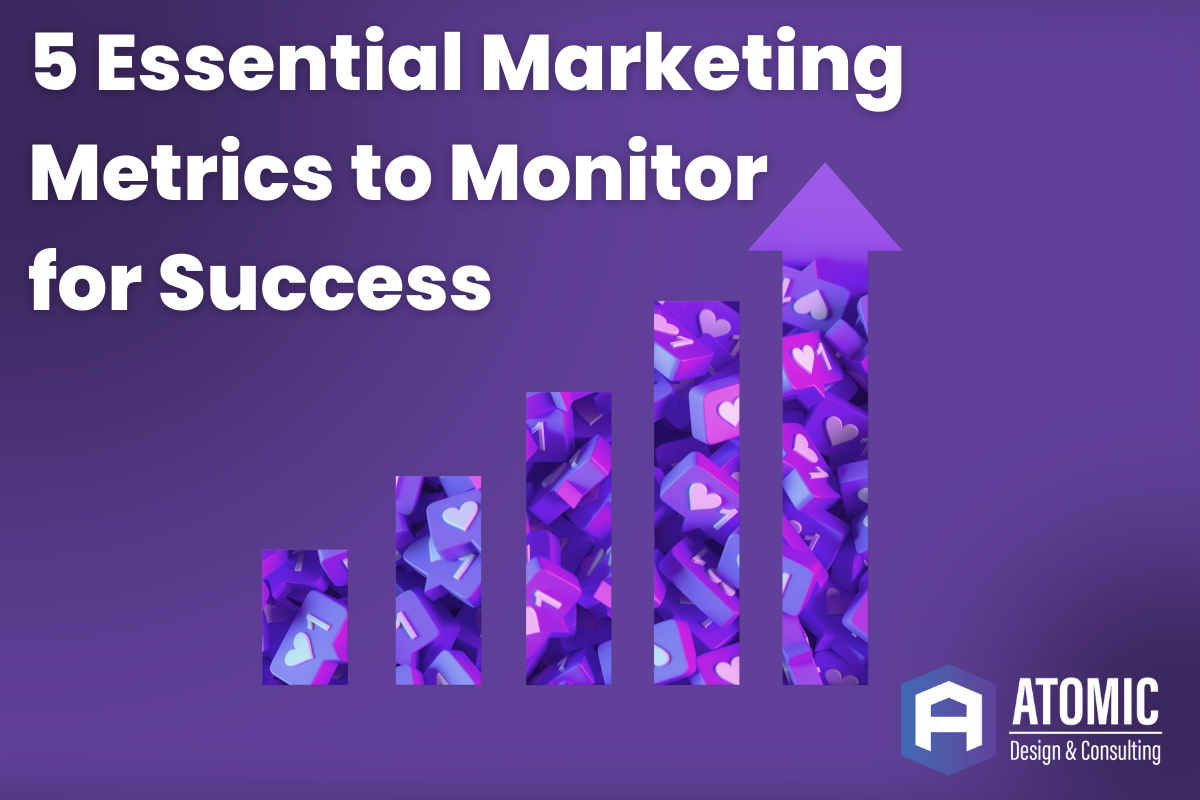





















![HubSpot Partner Day 2019 [Recap] 46 ADC partner day 1200x630 1](https://www.atomicdc.com/wp-content/uploads/2019/09/ADC-partner-day-1200x630-1.jpg)
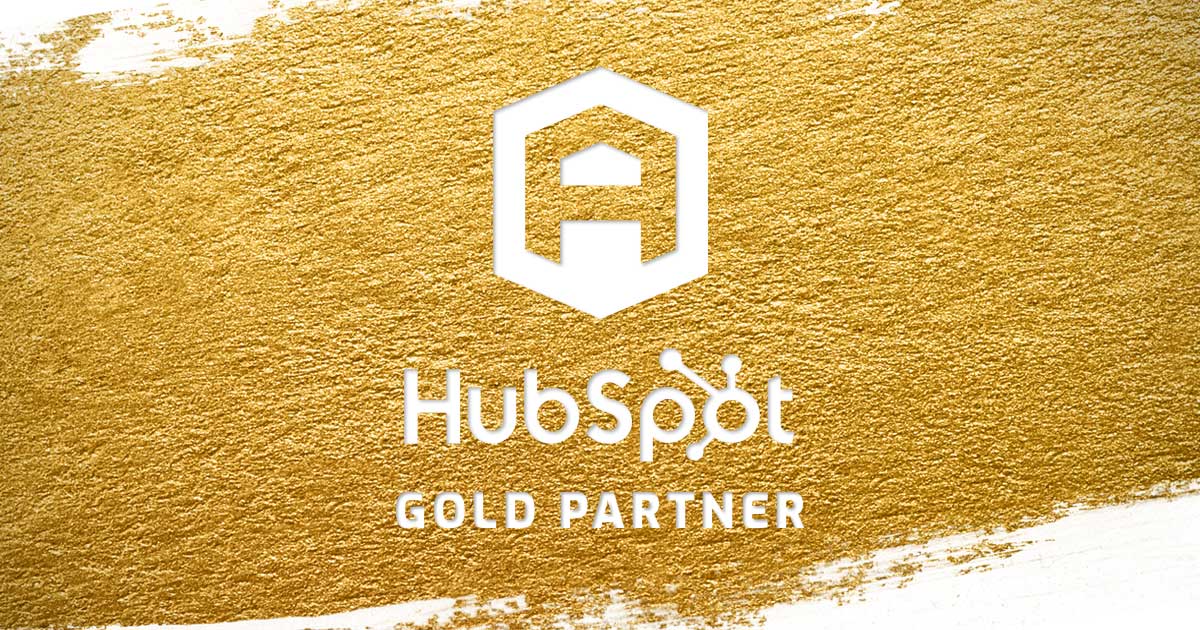


![30 Awesome HubSpot Tools That Won’t Cost You a Dime [Free Inbound Marketing Tools] 50 30 hubspot tools that won't cost you a dime](https://www.atomicdc.com/wp-content/uploads/2019/06/ADC-30-hubspot-tools.jpg)









